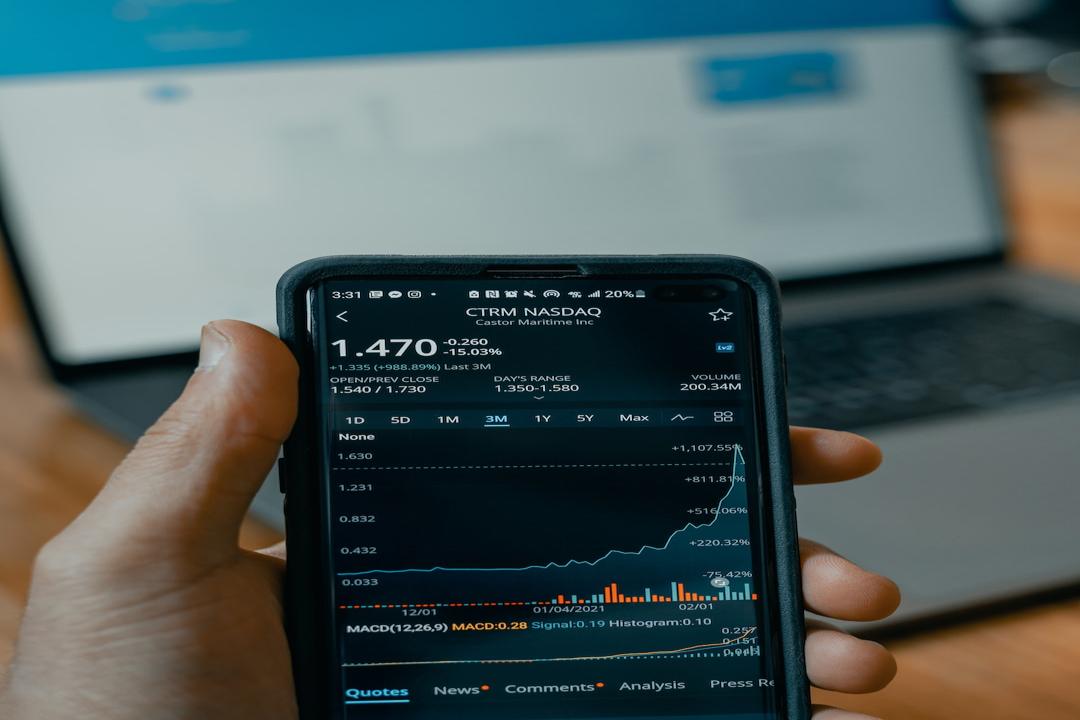Mattereum, a London-based initiative, is revolutionizing the integration of blockchain technology with real-world assets. This innovative approach has the potential to streamline global trade and enhance asset liquidity. With the growing popularity of cryptocurrencies in 2024, the concept of bridging crypto and traditional assets has become a hot topic once again.
The recent approval of spot ETFs in the United States has paved the way for broader crypto adoption and has sparked a renewed interest in real-world assets. RWA tokens, which essentially represent physical assets on the blockchain, offer a solution to bridge the gap between the crypto world and traditional finance (TradFi). By tokenizing assets, RWA tokens can improve the liquidity, accessibility, and efficiency of tokenized assets. In fact, it is estimated that moving trade to the internet could generate annual savings of $280 billion, and RWA tokenization presents a blockchain-based solution to achieve this goal.
Mattereum, founded by Vinay Gupta, who was also the Ethereum launch coordinator in 2015, serves as a legal hub for developers working on tokenized RWAs. The project’s system enables the tokenization, fractionalization, and trading of real-world assets on the blockchain while establishing a legal connection between the token and the physical asset it represents. This is achieved through the issuance of a Mattereum Asset Passport, which links the token to the physical asset, providing proof of ownership for the respective RWA. The Asset Passport also includes money-back warranties on the accuracy of information about the RWA, allowing buyers to make informed purchasing decisions.
Mattereum’s legal infrastructure is based on the common law provisions for digital commerce in the United Kingdom. These provisions are enforceable in over 170 countries thanks to the 1958 New York Convention on arbitration, making Asset Passports valid and usable worldwide. By bringing RWAs onto the blockchain, Mattereum facilitates access to these assets, expanding and globalizing their market. The legal services provided by Mattereum eliminate the limitations imposed by national borders, aligning with the fundamental principles of blockchain technology, such as decentralization and borderlessness.
While Mattereum primarily focuses on high-value assets like gold, real estate, and fine art, its solution is applicable to almost any asset class. The platform offers users options for both fractionalized and nonfungible tokenization. Users can create a complete digital twin of an asset by minting an ERC-721 token, which is the Ethereum standard for nonfungible tokens (NFTs). Alternatively, they can fractionalize the asset by minting ERC-20 representatives.
Since its establishment in 2017, Mattereum has been working to establish smart contracts on the blockchain as legally accepted contracts. The RWA project was launched in 2021, initially tokenizing Hollywood collectibles such as props and merchandise from popular movies. The project has since expanded to include tokenization of gold and real estate.
Currently, Mattereum is focused on its token sale, conducted through its German subsidiary Mattereum GmbH. The proceeds from the sale of the Mattereum Discount Token (MATR) will be used to fund the company’s expansion and development. The platform will also feature tokenized and fractionalized gold and real estate on the blockchain.
Vinay Gupta, the founder and CEO of Mattereum, emphasizes the significance of bridging the gap between blockchain and traditional assets. He believes that Mattereum’s comprehensive perspective on tokenization, which prioritizes legality and compliance, fills a crucial void in the market.
To find out more about Mattereum and its groundbreaking initiatives, visit their website. Please note that Cointelegraph does not endorse any content or product mentioned in this article. Readers should conduct their own research and exercise caution before making any investment decisions.

